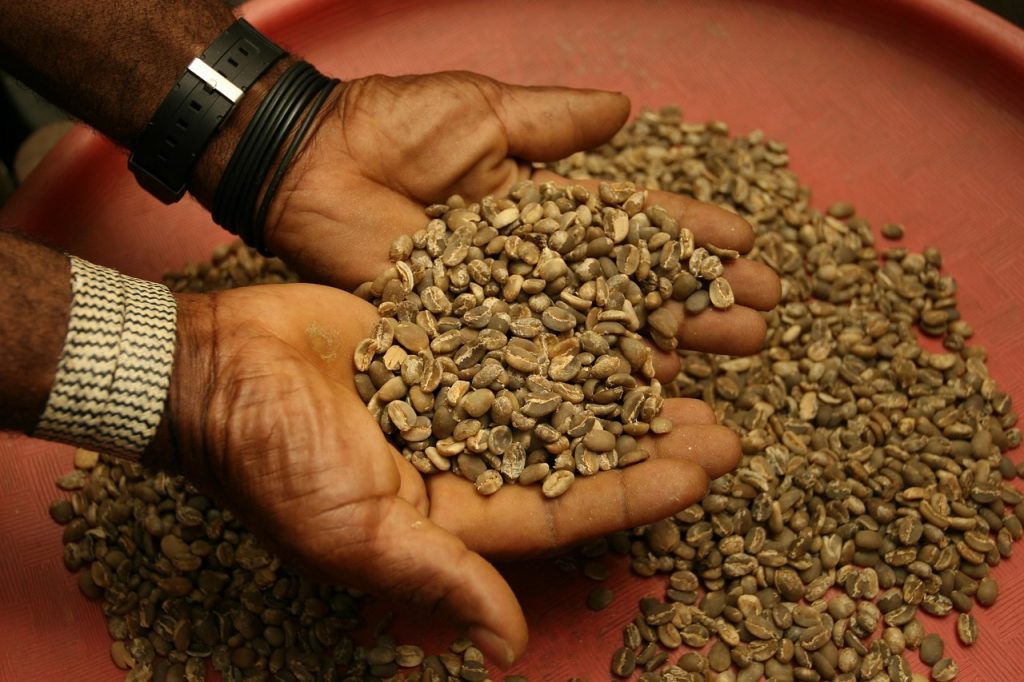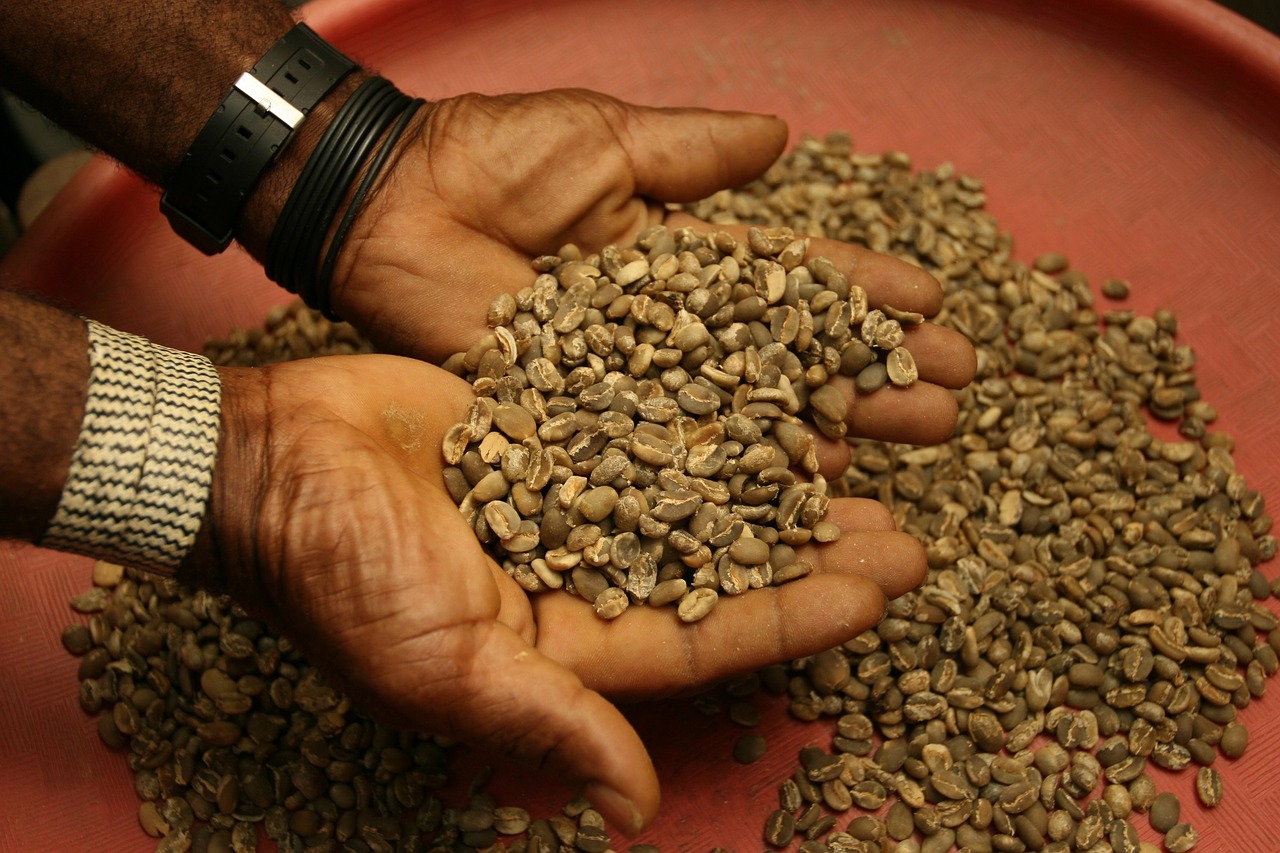The tribe of Levi, the poor, widows, strangers, and fatherless, received tithes. The Bible identifies the tithe recipients in verses such as Numbers 18:25-29 and Deuteronomy 14:28-29. Additionally, those who received tithes had to reside within the land of ancient Israel.

Jacob (later named Israel) fathered 12 sons. The family of each son is considered a tribe, which the Bible refers to as the 12 tribes of Israel. The Lord chose one of these tribes to serve as the priests for ancient Israel. Their primary responsibility was to perform all the religious ceremonial rituals. The tribe set aside for this purpose was the tribe of Levi. According to the Bible, the Lord authorized the tribe of Levi to receive tithes from the other 11 tribes.
Table of Contents
- Listen to the Podcast
- A Chosen Tribe
- The Role of the Levites
- The Levitical Tithe
- The Tithe of the Tithe
- The Other Tithe Recipients
- The Poor Tithe
- Summary
- Outsmart the False Teachers
Listen to the Podcast
A Chosen Tribe
According to biblical scriptures, the Lord assigned land (or territory) to all the tribes of ancient Israel EXCEPT the tribe of Levi. Instead of inheriting land, the Lord was their inheritance.
Deuteronomy 10:8-9
At that time the Lord set apart the tribe of Levi to carry the ark of the Lord’s covenant, to stand before the Lord to serve him, and to formulate blessings in his name, as they do to this very day.
Numbers 18:20
The Lord spoke to Aaron, “You will have no inheritance in their land, nor will you have any portion of property among them – I am your portion and your inheritance among the Israelites.
Deuteronomy 10:9
Wherefore Levi hath no part nor inheritance with his brethren; the LORD is his inheritance, according as the LORD thy God promised him.
The Role of the Levites
The tribe of Levi is also known as the Levites. The Lord chose the Levites to work in the tabernacle and later the Temple in Jerusalem. They conducted all the religious ceremonies for the nation of ancient Israel. Their duties included making offerings and sacrifices unto the Lord.
Among the Levites, there were two distinct groups:
* Levitical priests
*Assistants to the Levitical priests
The only tribal members who could serve as priests were the male descendants of Aaron (Moses’ brother). Aaron was the first High Priest, and those in his bloodline served as priests also. They were called the Levitical priests (also known as the Levitical Priesthood or Aaronic Priesthood). The assistants were the Levites who helped the Levitical priests with the duties and responsibilities of the Tabernacle and the Temple.
The Levitical Tithe
Since the tribe of Levi was set aside to serve in the Tabernacle and the Temple, they did not receive any land (or territory). In our post, Who Paid Tithes?, we explain that the Lord commanded the other 11 tribes to pay tithes to the tribe of Levi. The Bible identifies specific groups who were commanded to receive tithes, and one of those groups is the tribe of Levi.
Hebrews 7:5
And verily they that are of the sons of Levi, who receive the office of the priesthood, have a commandment to take tithes of the people according to the law, that is, of their brethren, though they come out of the loins of Abraham.
Remember, the biblical tithe consists of one-tenth of the crops and livestock. So, the tithes of agricultural produce were given to the Levites. This particular tithe is known as the Levitical Tithe.
The Tithe of the Tithe
The Levitical Tithe was sustenance for the Levites. It was a provision for them to eat because they had no land to raise crops and livestock.
When the Levites received tithes from the other 11 tribes, they were commanded to pay a tithe (one-tenth) of the tithe they received. This is known as the “Tithe of the Tithe.”
Numbers 18:25-29
And the LORD spake unto Moses, saying, Thus speak unto the Levites, and say unto them, When ye take of the children of Israel the tithes which I have given you from them for your inheritance, then ye shall offer up an heave offering of it for the LORD, even a tenth part of the tithe. And this your heave offering shall be reckoned unto you, as though it were the corn of the threshing floor, and as the fulness of the winepress. Thus ye also shall offer an heave offering unto the LORD of all your tithes, which ye receive of the children of Israel; and ye shall give thereof the LORD’S heave offering to Aaron the priest. Out of all your gifts ye shall offer every heave offering of the LORD, of all the best thereof, even the hallowed part thereof out of it.
Aside from the Levites, other individuals in ancient Israel received tithes.
The Other Tithe Recipients
According to the scriptures, the Lord commanded that ancient Israel give tithes to the poor, widows, strangers, and fatherless within the land of ancient Israel.
Deuteronomy 14:28-29
At the end of three years thou shalt bring forth all the tithe of thine increase the same year, and shalt lay it up within thy gates: And the Levite, (because he hath no part nor inheritance with thee,) and the stranger, and the fatherless, and the widow, which are within thy gates, shall come, and shall eat and be satisfied; that the LORD thy God may bless thee in all the work of thine hand which thou doest.
The Poor Tithe
The poor not only received tithes but were also exempt from paying them. In other words, the poor DID NOT pay tithes. The Lord set aside a specific tithe for the poor, called the Poor Tithe.
The Poor Tithe was collected and given to the poor every three years during a 7-year cycle. In other words, the Poor Tithe was collected and distributed twice every seven years. In the 7th year, no tithes were collected.
Deuteronomy 26:12
When thou hast made an end of tithing all the tithes of thine increase the third year, which is the year of tithing, and hast given it unto the Levite, the stranger, the fatherless, and the widow, that they may eat within thy gates, and be filled;
The Poor Tithe is a key point in our understanding of the biblical tithe. Why? Because many preachers who promote tithing teach that poor people can tithe their way out of poverty (or financial lack). If proponents of this doctrine were serious about following the “word of God,” they would not require poor people to pay so-called tithes.
Summary
Among the 12 tribes of ancient Israel, the tribe of Levi was the only tribe that did not receive a land inheritance. According to scripture, the Lord was their inheritance. The Lord chose the tribe of Levi to conduct all the religious ceremonies for the ancient nation of Israel. Since the tribe of Levi did not possess any land, the Lord required the other 11 tribes to give them tithes (one-tenth of crops and livestock).
According to the Bible, the Lord gave specific commandments about who would receive tithes. The only groups who received tithes were the tribe of Levi, the poor, widows, strangers, and fatherless who resided within the land of ancient Israel. The poor received a specific tithe to meet their needs, referred to as the Poor Tithe.
The Poor Tithe was paid every three years of a 7-year cycle. Interestingly, many Prosperity Gospel messages suggest or claim that poor people can “tithe” their way into wealth. But the Bible clearly shows that the Lord intended for poor people to RECEIVE tithes, not pay tithes.
Outsmart the False Teachers

📌 Discover the TRUTH about tithes, prosperity gospel preachers don’t want you to know. 👉 👉Click this link










